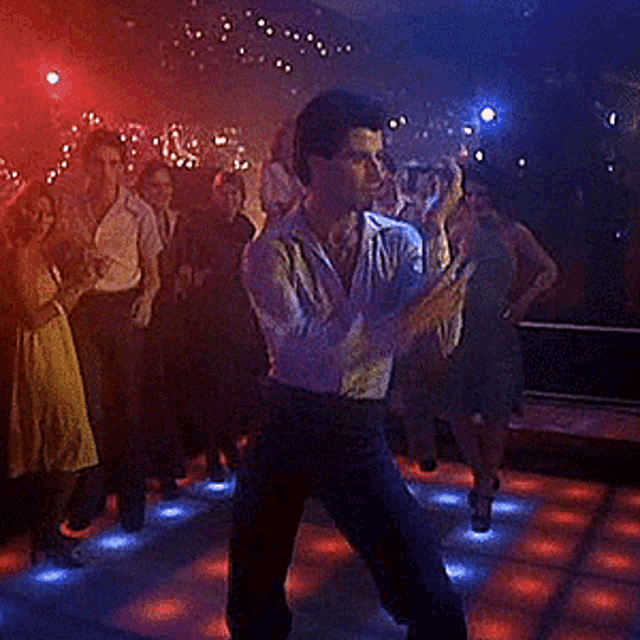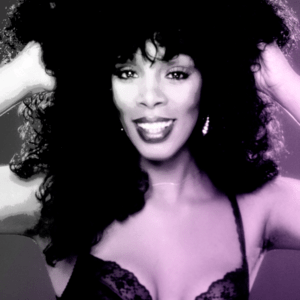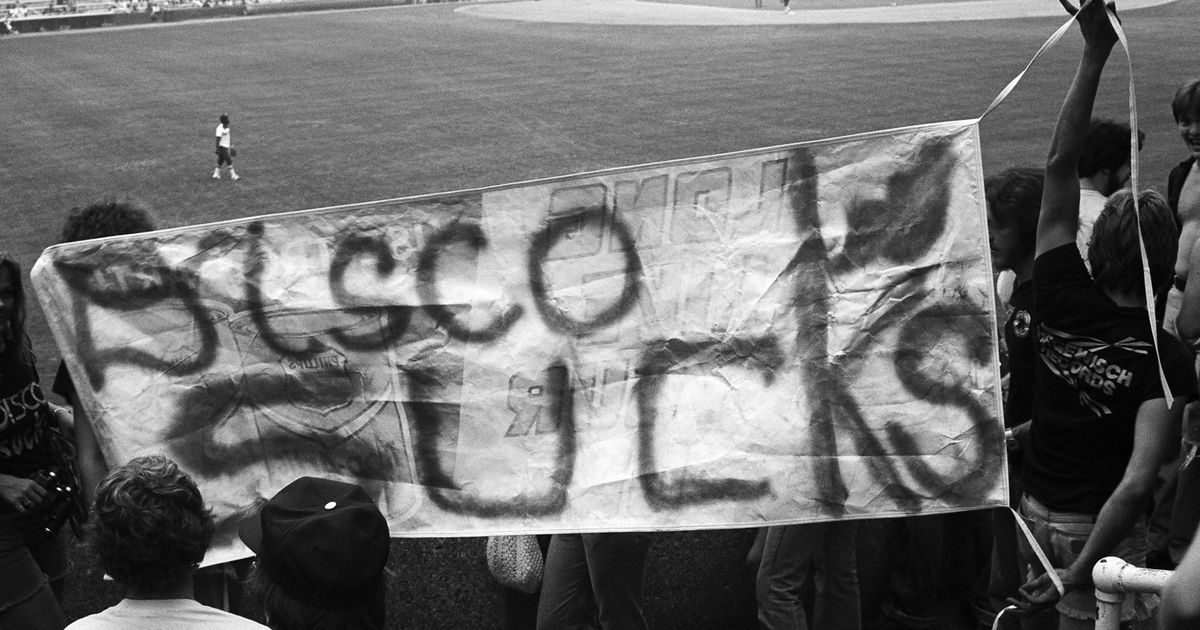
 For most of us (of a certain age) our passion for everything disco peaked in 1977 with John Travolta’s swagger in the opening scenes of Saturday Night Fever. The film resulted in the Best Actor Oscar Nomination for Travolta but for the rest of the world, it shepherded in a whole new movement .
For most of us (of a certain age) our passion for everything disco peaked in 1977 with John Travolta’s swagger in the opening scenes of Saturday Night Fever. The film resulted in the Best Actor Oscar Nomination for Travolta but for the rest of the world, it shepherded in a whole new movement .
In the 1960s it was still tough/difficult for many in the gay community to feel safe ‘coming out’. But this one film surrounding the disco era, way pre-AIDS, heralded an explosion of queer sexual promiscuity. We were all so fixated on Travolta’s character Tony Manero a young Italian-American man who spends his weekends dancing and drinking at a local discothèque while dealing with social tensions and disillusionment in his working-class ethnic neighborhood in Brooklyn.
We were so busy dancing our sweaty tits off in one of the fledging new Gay Bars and helping to make global stars out of artists like Donna Summer, ABBA, and The Village People. Of course, there were the ne’re-do-wells who loved to dismiss disco for its flash and glamour complaining it offered little substance,
I must have been in my own happy-new-queer-world devouring disco in London, that I failed to notice that over the other side of the Atlantic, all was not well. There was a long-simmering anti-disco culture clash in Chicago that came to a head on a summer night in 1979
 It was known as Disco Demolition Night, the event saw thousands of disco-haters pour into the White Sox stadium where a crate filled with disco records was detonated, leading to a riot on the field. The ring leader was a local DJ Steve Dahl, who had lost his radio job when his rock station converted to all-disco to cater to the music’s growing popularity. He rallied his listeners, the overwhelming majority of whom were straight and white. to turn up to the event.
It was known as Disco Demolition Night, the event saw thousands of disco-haters pour into the White Sox stadium where a crate filled with disco records was detonated, leading to a riot on the field. The ring leader was a local DJ Steve Dahl, who had lost his radio job when his rock station converted to all-disco to cater to the music’s growing popularity. He rallied his listeners, the overwhelming majority of whom were straight and white. to turn up to the event.
The most dangerous aspect of the mob’s mentality was that the bulk of them were both racist and homophobic. They were angry as they associated disco with the unfolding efforts by an empowered queer community organizing for our quest for equal rights. And the same for US’s black community too.
Unaware of this period in queer history, I was thrilled to discover the PBS documentary The War On Disco not just because it detailed all the forces behind that explosive night in Chicago. but because it also related to the battles our community is still fighting today
The latest chapter of the “American Experience” history series, The War On Disco premiered Monday, October 30
on PBS, and is now available via Amazon Prime Video

